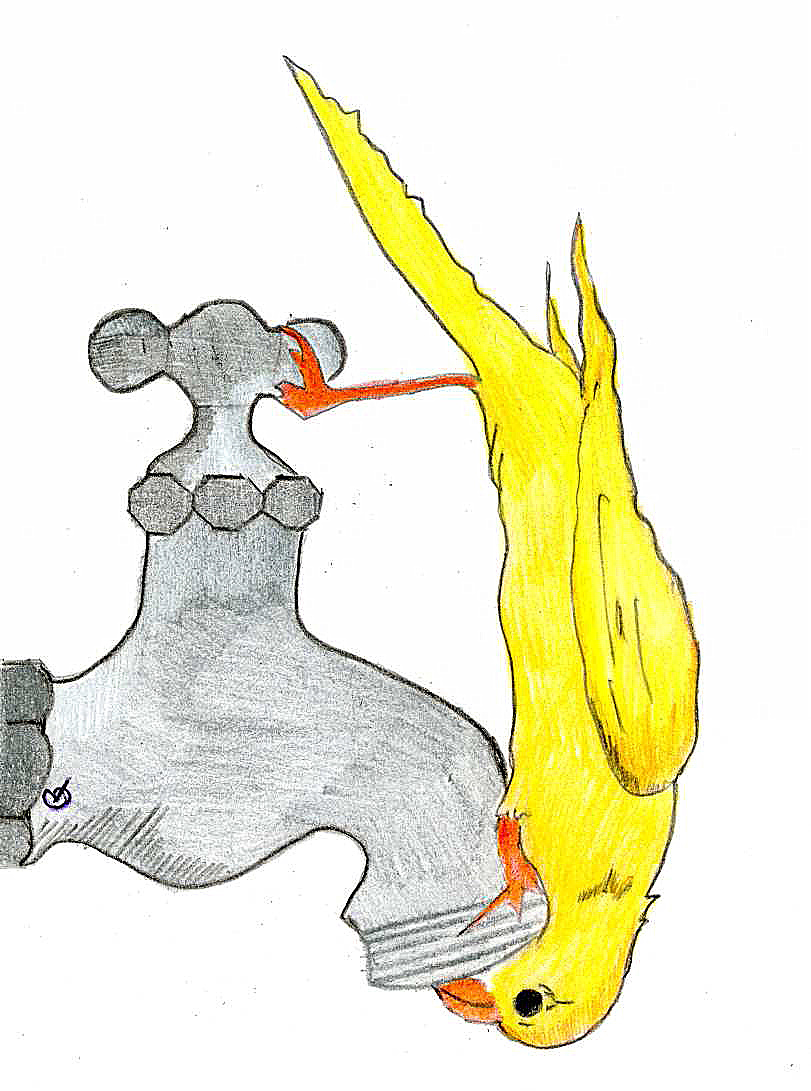/sub-categories/news-and-articles
News and Articles
The growth of the Goa iron ore mining industry : Has stretched its infrastructure to the breaking point
Posted on 31 Jul, 2012 08:14 AMOver the last eighteen months, there has been much debate on the rampant increase in iron ore mining in Goa.
Water for all: G Venkatesh's compilation of poems with water as the leitmotif
Posted on 27 Jul, 2012 02:22 PM
Activists call for disbanding the inter ministerial group on issues related to river Ganga
Posted on 26 Jul, 2012 04:10 PMThis is on the ground that its formation itself was an attempt to further delay the action National Ganga River Basin Authority (NGRBA) was expected to make. The composition of the Committee has been criticized, as also its constitution and the Terms of Reference.
Environmental management system at Infosys headquarters, Bangalore
Posted on 24 Jul, 2012 05:44 PM“We want to give back this planet to our children in a condition better than the one in which we borrowed it from them.”
N.R. Narayana Murthy, Chairman of the Board and Chief Mentor, Infosys Limited

Has the revised draft of the National Water Policy 2012, released by the Ministry of Water Resources in June 2012 incorporated the public's feedback ?
Posted on 21 Jul, 2012 07:45 PMOn 31st January 2012, the Ministry of Water Resources (MoWR) had released the draft of the National Water Policy 2012 and invited comments till 29 February. Following the meeting of the National Water Board on 7th June 2012, the MoWR has now put up a revised draft on their website.
Basic guidelines about floods: Causes, consequences, precautionary steps and some do's and dont's in urban floods
Posted on 19 Jul, 2012 08:01 AMFloods are categorized into natural and artificial floods in terms of their causes. Floods are natural hydrological phenomena and occur after some meteorological events like intense or prolonged rainfall spells or unusually high coastal estuarine waters due to storm surges etc.
Fixed deposits of grain turn to gold
Posted on 19 Jul, 2012 07:55 AMVillagers in one of the poorest districts in the country were caught up in a vicious cycle of starvation, debt and human bondage until the arrival of a social activist, Bidyut Mohanty, changed their lives.
Restoring groundwater in Punjab, India’s breadbasket: Finding agricultural solutions for water sustainability
Posted on 10 Jul, 2012 03:01 PMFor Indians, the very mention of the word “Punjab” conjures up visions of lush green fields, rich alluvial soils and water aplenty. Punjab has for years been the breadbasket of India, and since the “Green Revolution” of the 1960s, it has taken on an even greater role in feeding the nation.
Electronics City Industrial Association manages water needs of the nearby villages in the area
Posted on 09 Jul, 2012 08:06 PMElectronics City Industrial Association (ELCIA) was established in 1992. In 1997, the maintenance and upkeeping of Electronics City was handed over to ELCIA by the Karnataka State Electronics Development Corporation Limited (KEONICS), which handled the responsibility previously.
A study on the issues of the inland fisheries and the policy framework governing the sector
Posted on 07 Jul, 2012 03:04 PMIssue of Commons and institutional arrangements: